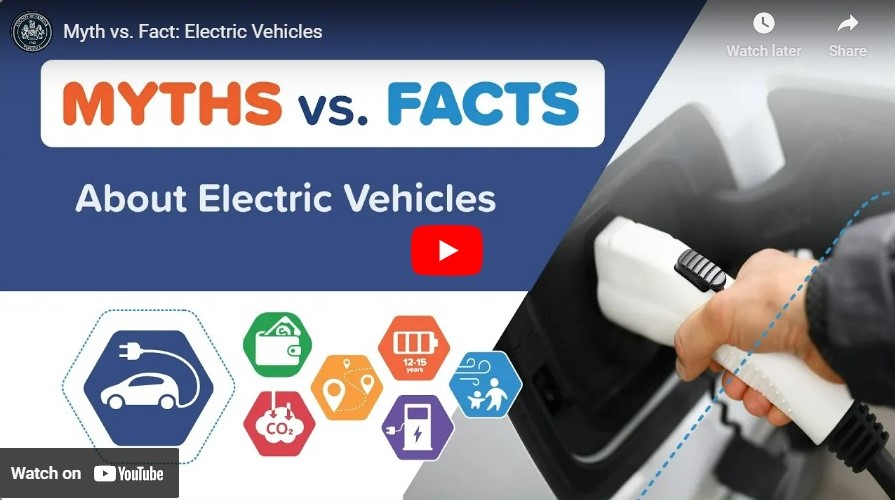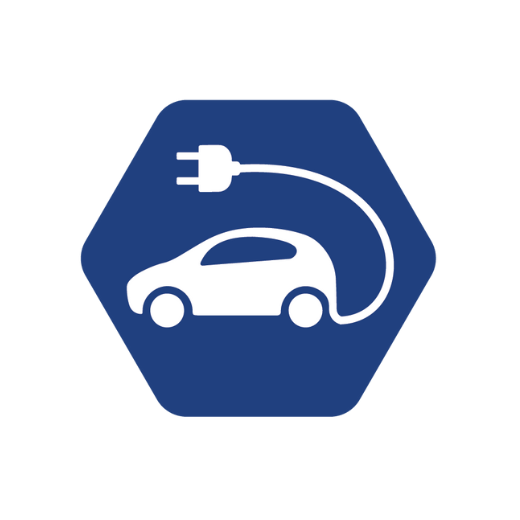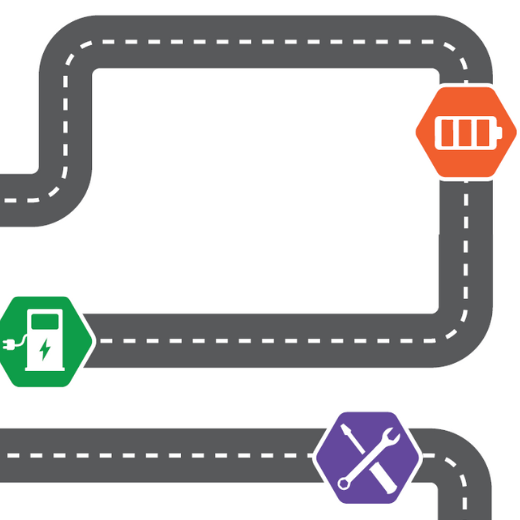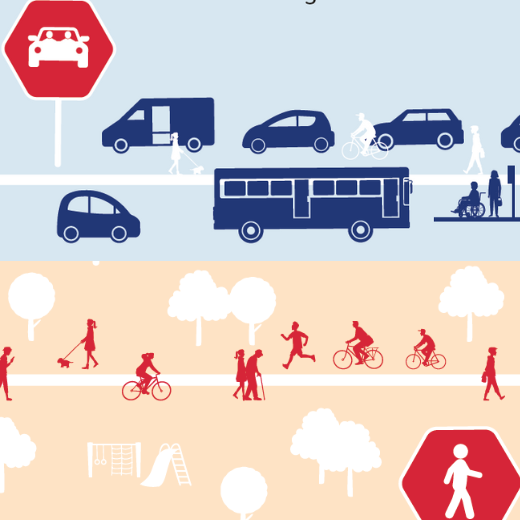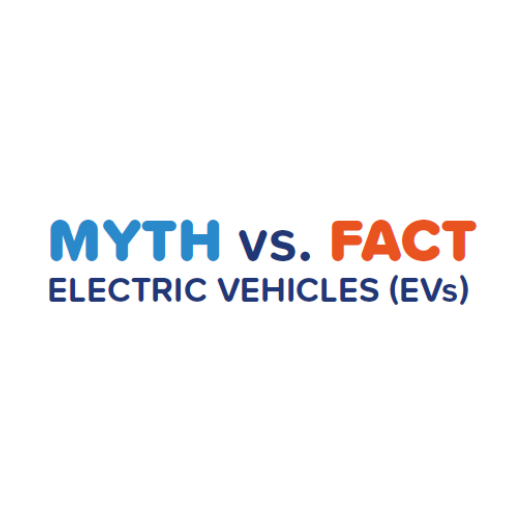Resources for Organizations
Sustain Fairfax: Your Actions, Our Climate
With your actions and support, we can create a sustainable and resilient Fairfax County — helping fight climate change and protect our community. Find out how your small actions, like making building energy upgrades, can make a big difference.
Charge Up Fairfax
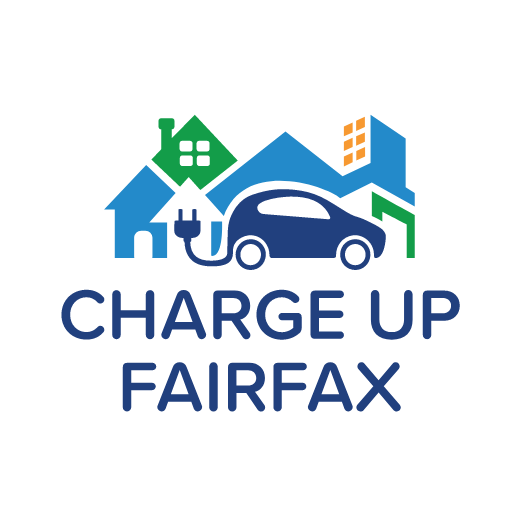 Charge Up Fairfax is a program to help organization install charging for electric vehicles (EVs). Charge Up Fairfax supports organizations in identifying and overcoming challenges, both technical and financial, to on-site EV charging.
Charge Up Fairfax is a program to help organization install charging for electric vehicles (EVs). Charge Up Fairfax supports organizations in identifying and overcoming challenges, both technical and financial, to on-site EV charging.
Energy Conservation Assistance Program
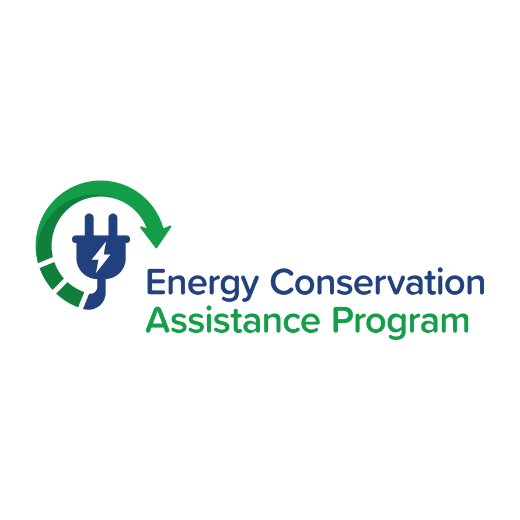 If you are part of a common-interest community or charitable or nonprofit group, such as a homeowners association, condominium owners association, place of worship providing community services, or other nonprofit or recreational organization in Fairfax County looking to make energy efficiency upgrades, the Energy Conservation Assistance Program may be for you!
If you are part of a common-interest community or charitable or nonprofit group, such as a homeowners association, condominium owners association, place of worship providing community services, or other nonprofit or recreational organization in Fairfax County looking to make energy efficiency upgrades, the Energy Conservation Assistance Program may be for you!
Power of Faith Energy Solutions
Fairfax County's Office of Environmental & Energy Coordination and Faith Alliance for Climate Solutions has partnered together to support congregations across Northern Virginia in saving energy and lowering costs. Power of Faith Fairfax offers exclusive grants and financing for houses of worship in Fairfax County to make energy-saving upgrades easier and more affordable. What can your congregation do?
Fairfax County Tree Distribution to Community Organizations
Fairfax County Tree Distribution to Community Organizations provides an opportunity for community organizations to receive trees for planting on private properties. Cost of the trees will be covered by the county’s Tree Preservation and Planting Fund.
Government Rebates and Incentives (Federal, State, County)
- Clean Vehicle and Energy Credits – Information from the IRS on the tax credits available through the Inflation Reduction Act of 2022.
- Elective Pay and Transferability - Information from the IRS for tax-exempt entities to benefit from certain clean energy investment and production credits.
- Virginia Energy Sense – An energy efficiency education program with information on tax incentives and rebates available to businesses and residents.
- ENERGY STAR® Rebate Finder – Special offers and rebates from ENERGY STAR Partners.
- Fairfax County Solar Equipment Tax Exemption – Qualifying installations entitle the property owner to a tax exemption for five years.
- Fairfax County Electric Vehicle Charging Equipment Permit Fee Exemption – All electrical, building and sign permit fees for EV charging stations are exempt through October 31, 2025.
Utility Rebates and Incentives
- Dominion Energy Programs - For Dominion Energy customers, a list of residential and non-residential programs.
- Washington Gas Programs – For Washington Gas customers, several types of equipment rebates are available.
- Columbia Gas of Virginia Programs – or Columbia Gas of Virginia customers, several rebates for qualifying upgrades are available.
Energy Efficiency and Resilience Product Information
- ENERGY STAR ® Best Value Finder – resources for finding best deals on ENERGY STAR® certified appliances.
- Cool Roof Rating Council (COE)
ENERGY STAR® Portfolio Manager
Building a Green Team
Assembling a group of interested and responsible staff can be a great first step toward establishing a culture of sustainably in your organization. These groups are often called green teams, but any name will do. At Fairfax County, our employee group is called Fairfax Employees for Environmental Excellence, or FEEE. Based on our experience, we are pleased to share some tips for how to start a green team and outreach ideas that we’ve found successful.
Become a Green Business Partner Ally
Fairfax County is recognizing businesses that are actively engaging in or interested in sustainable business practices that advance climate action and will help create a carbon neutral economy. Does your organization work directly with local businesses who want to become more sustainable? Consider becoming a Green Business Partners Ally to help us further the vision and mission of the GBP!
Related Resources
- Climate Plans, Policies and Initiatives
- Climate Action Dashboard
- Resources for Residents
- Resources for Businesses
- Request a Speaker from OEEC
- Fairfax County Property and Housing
- Fairfax County Community Associations
- Cable and Consumer Service's Homeowners' and Condominium Associations
- Environmental Excellence Awards
Sign up for the Environmental, Climate, and Energy Newsletter
Subscribe to our monthly e-newsletter - dedicated to providing you with the latest news and updates on climate change initiatives and policies. Sign up below and view past newsletters here.


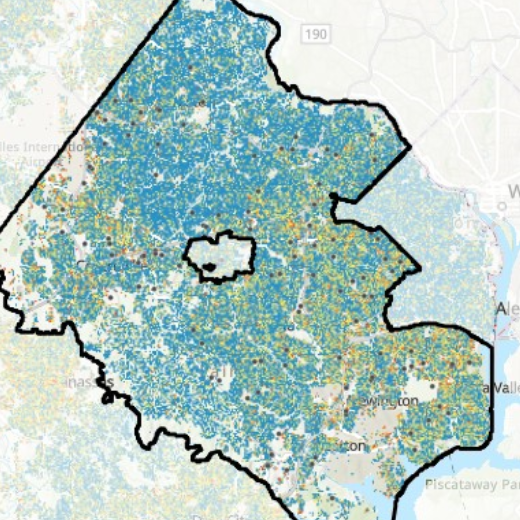
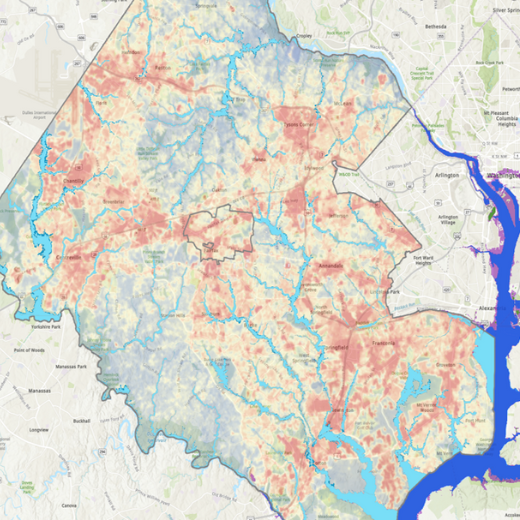


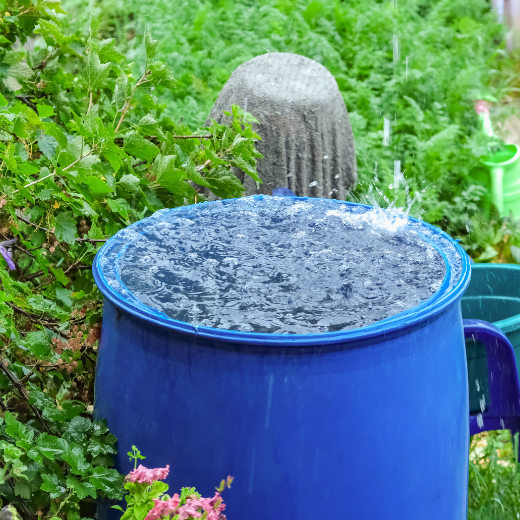


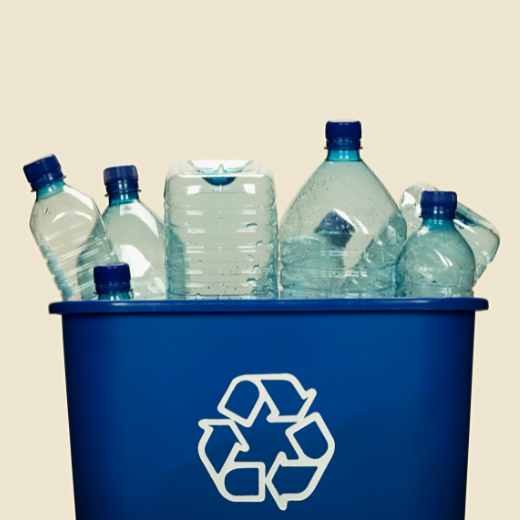

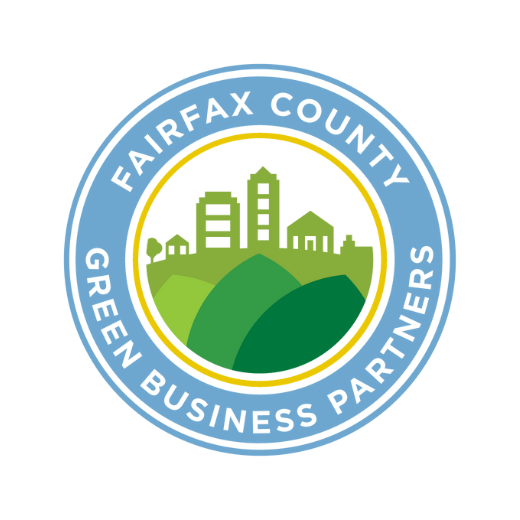
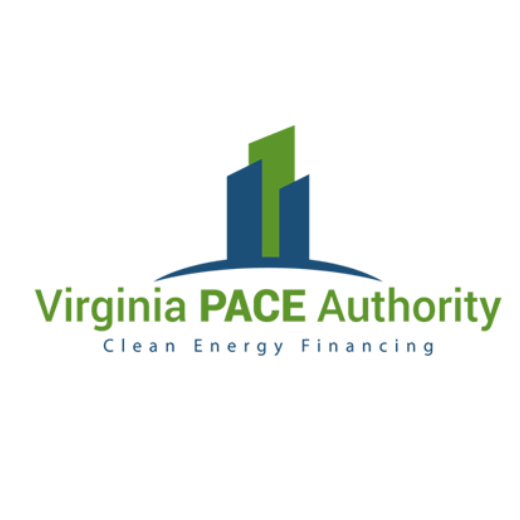
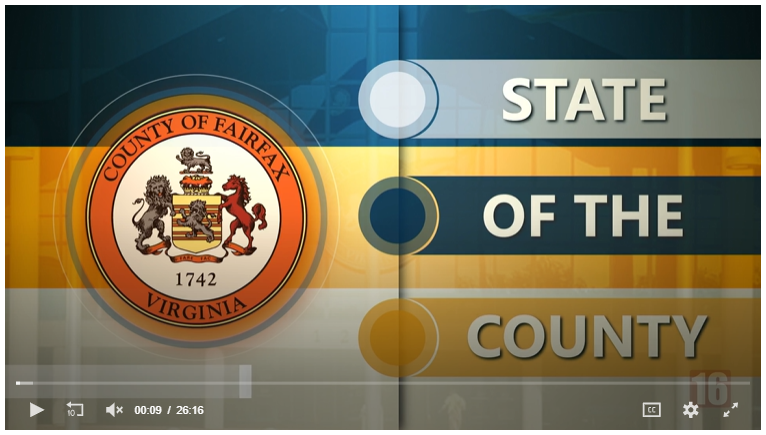
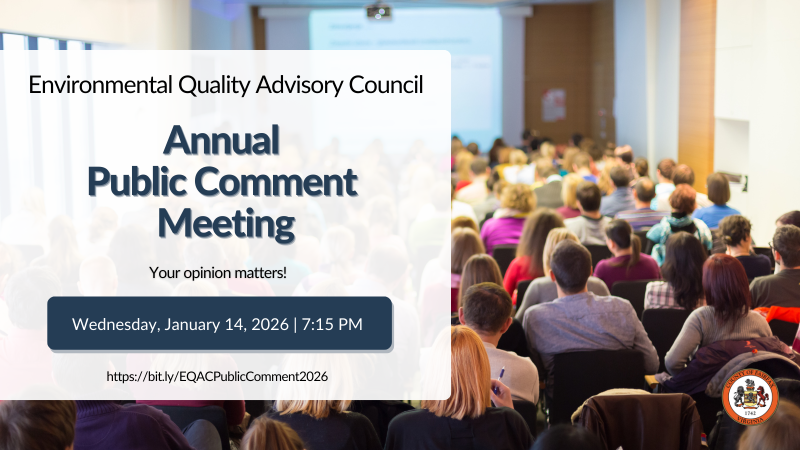


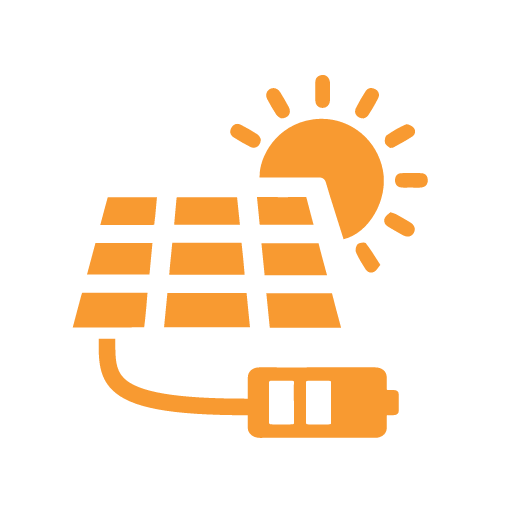

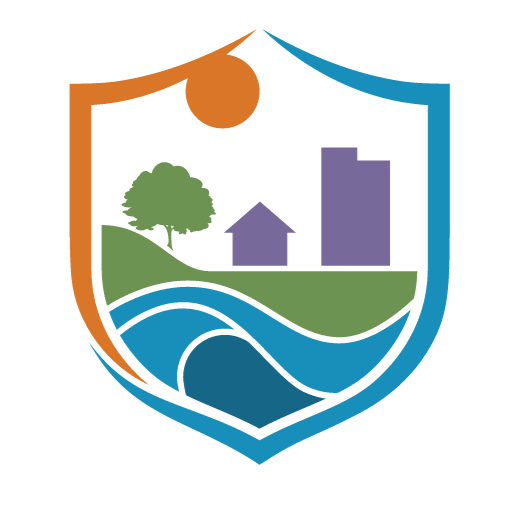
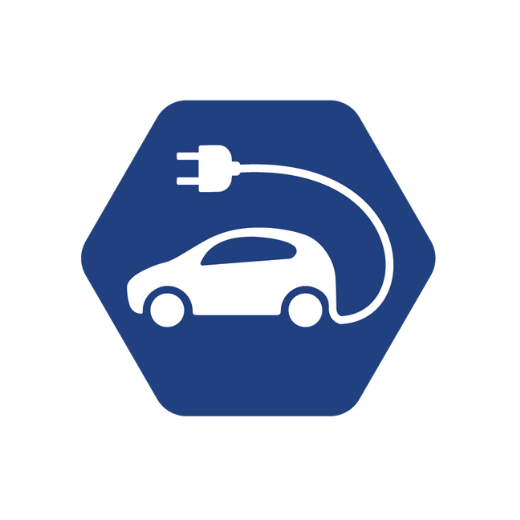
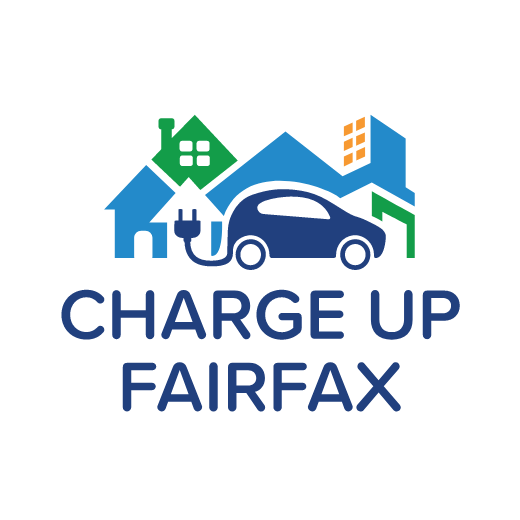
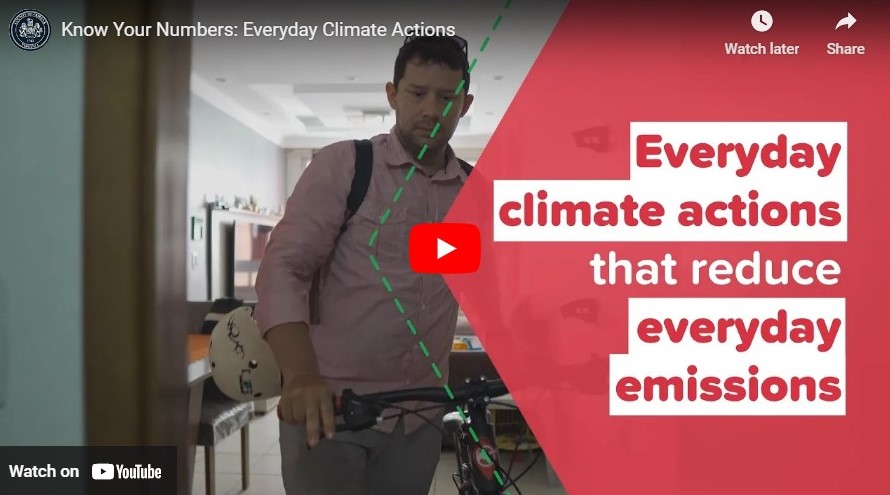

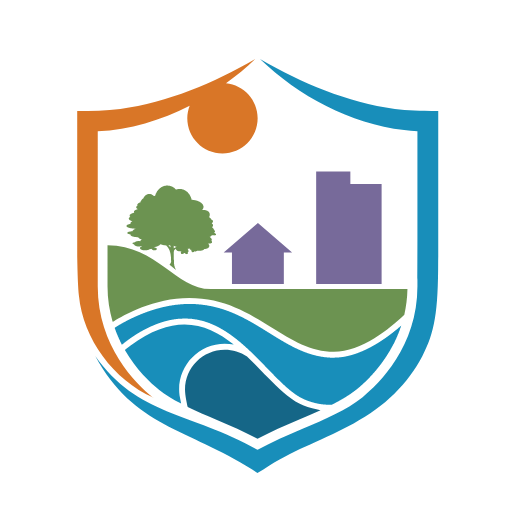
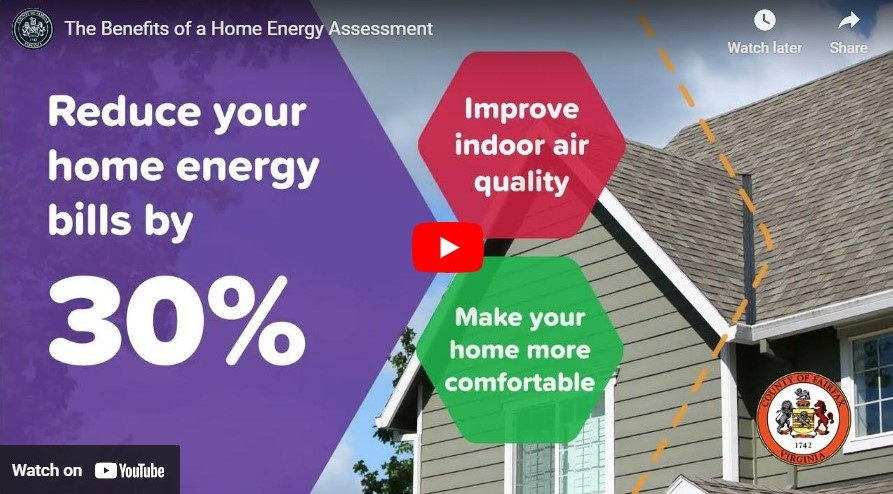


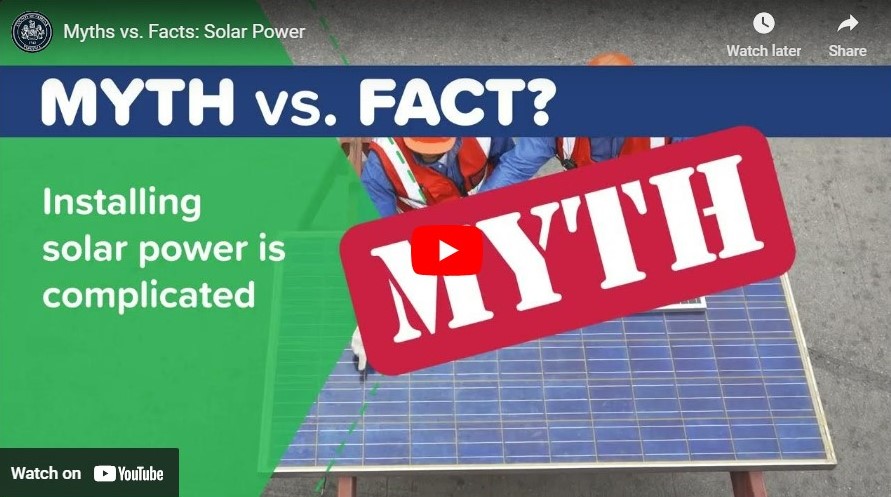
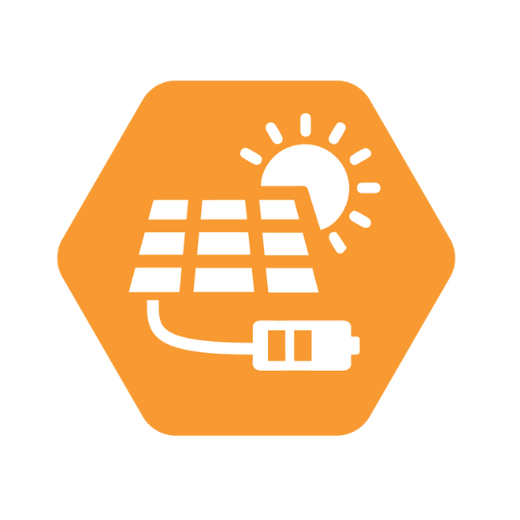
.png)
